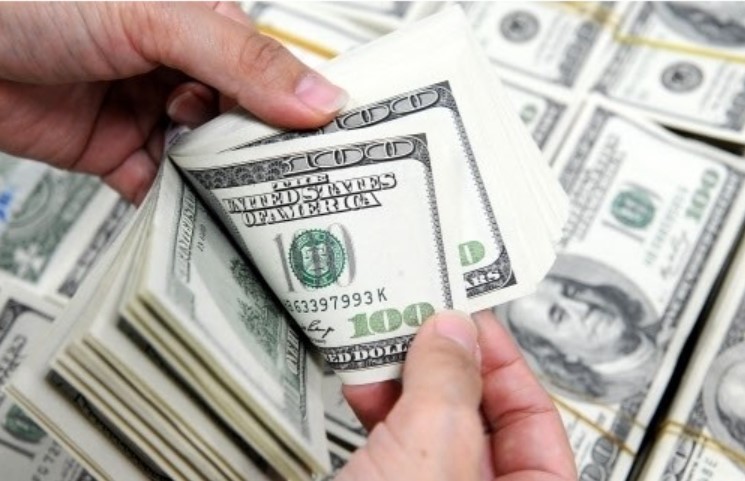The Federal Reserve interventions this year had managed to calm the funding stress that emerged in March and since then, the US dollar weakened against most of its competitors. With the DXY dropping from 103 to 92, the sentiment around the dollar shifted from bullish to bearish and now most of the big analysts and major financial institutions are projecting more pain for the world’s reserve currency.

Even though anything could happen in the near term, considering the high level of uncertainty, we would like to talk about some of the reasons that could bid the US dollar in the months ahead.
#1 Low-risk appetite near the US election
There’s no doubt this year’s US election will be a major event and regardless of the outcome, financial markets can react wildly. Volatility markets are already pricing in high uncertainty around the election and this might not be supportive for risk moving forward.
US dollar weakness was a major tailwind for risk currencies and stock markets, but if investors will no longer be confident, the opposite will occur. Reducing their market exposure will contribute to at least a short-term rise in the dollar.
#2 Problems arising in other parts of the world
Although several months ago the prospects for the US economy were very bad, projections had been improved recently. The expectancies are for a 3.5% drop in the GDP in 2020, far better as compared to some Western European nations (France, Italy, or the UK) or emerging markets. Because economic conditions will be better in the US, there could be stronger demand for US-based assets and foreigners will need to exchange their local currencies in dollars.
Also, we should not forget about other issues like Brexit or rising COVID-19 cases. The US is currently witnessing lower daily cases, while Europe is building up in what could turn out to be the second wave of the pandemic.
#3 Risk currencies rallied for months – overbought?
Dollar weakness had been beneficial for the US since it alleviated some of the economic pressure, but with other currencies rising against it, central banks and governments around the world would want to keep a currency advantage to have the same benefits.
This means there a ceiling on how much risk currencies could continue to rally until the rest of the world will start taking measures to prevent that from going too far. Would this be currency coordination or currency war is not yet clear, but so far, despite political turmoil, central banks had been coordinating well in preventing funding stress remerging.
